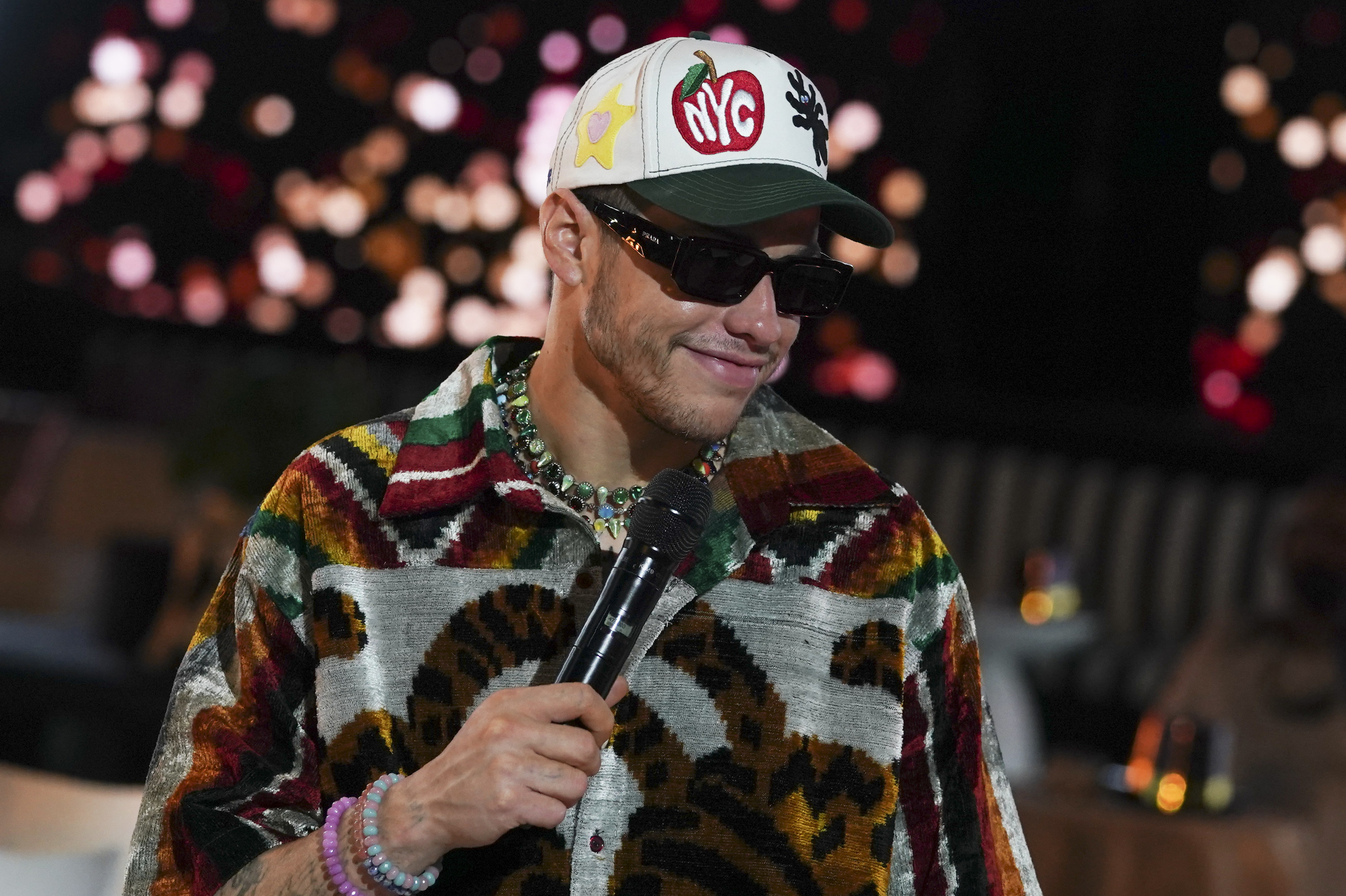In a rare in-depth interview, Pete Davidson opened up about his father’s death and how it impacted his long-term health.

For context, Pete’s father, Scott Davidson, was a firefighter who died while responding to the terrorist attacks on the World Trade Center on Sept. 11, 2001. Pete — who grew up on Staten Island — was just 7 years old at the time.
If you’ve been following him for a while, you’ll know that the subject of his father’s death isn’t something Pete’s been afraid to make light of in the public eye, first joking about the topic in one of his earliest Saturday Night Live segments back in 2014.

A year later, he gained a lot of attention for his appearance on the Roast of Justin Bieber, in which he joked that meeting Justin’s father made him feel glad that he grew up without his own, and that the 2004 movie Soul Plane “was the worst experience of my life involving a plane.”
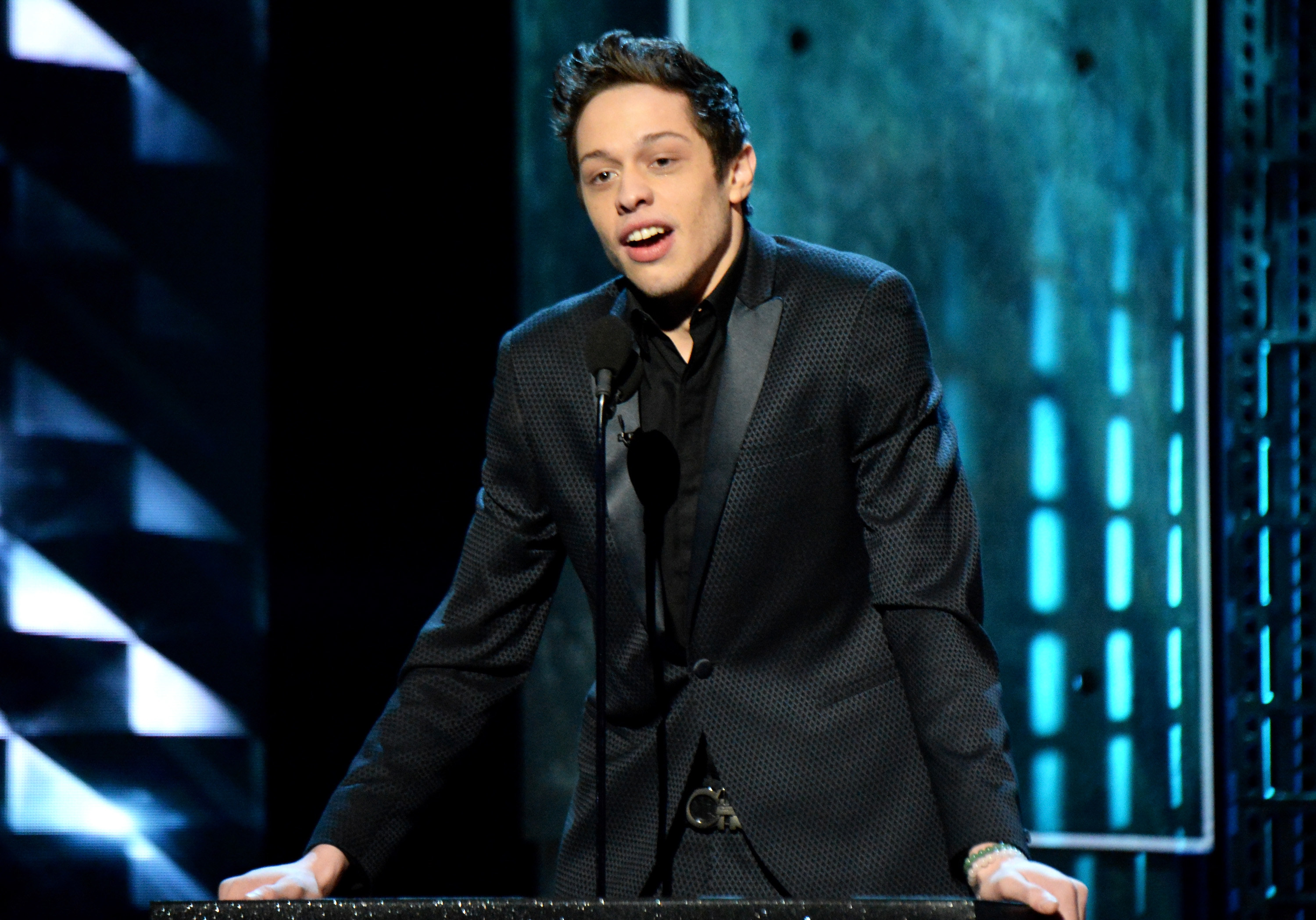
Thanks to shocking jokes like these, Pete, over the years, has become known for making light of his dad’s tragic death.

However, in a new interview for Jon Bernthal’s Real Ones podcast, Pete opened up about life after leaving SNL and admitted that he’s now hoping to distance himself from the goofy public persona he forged for himself in the first chapter of his career.
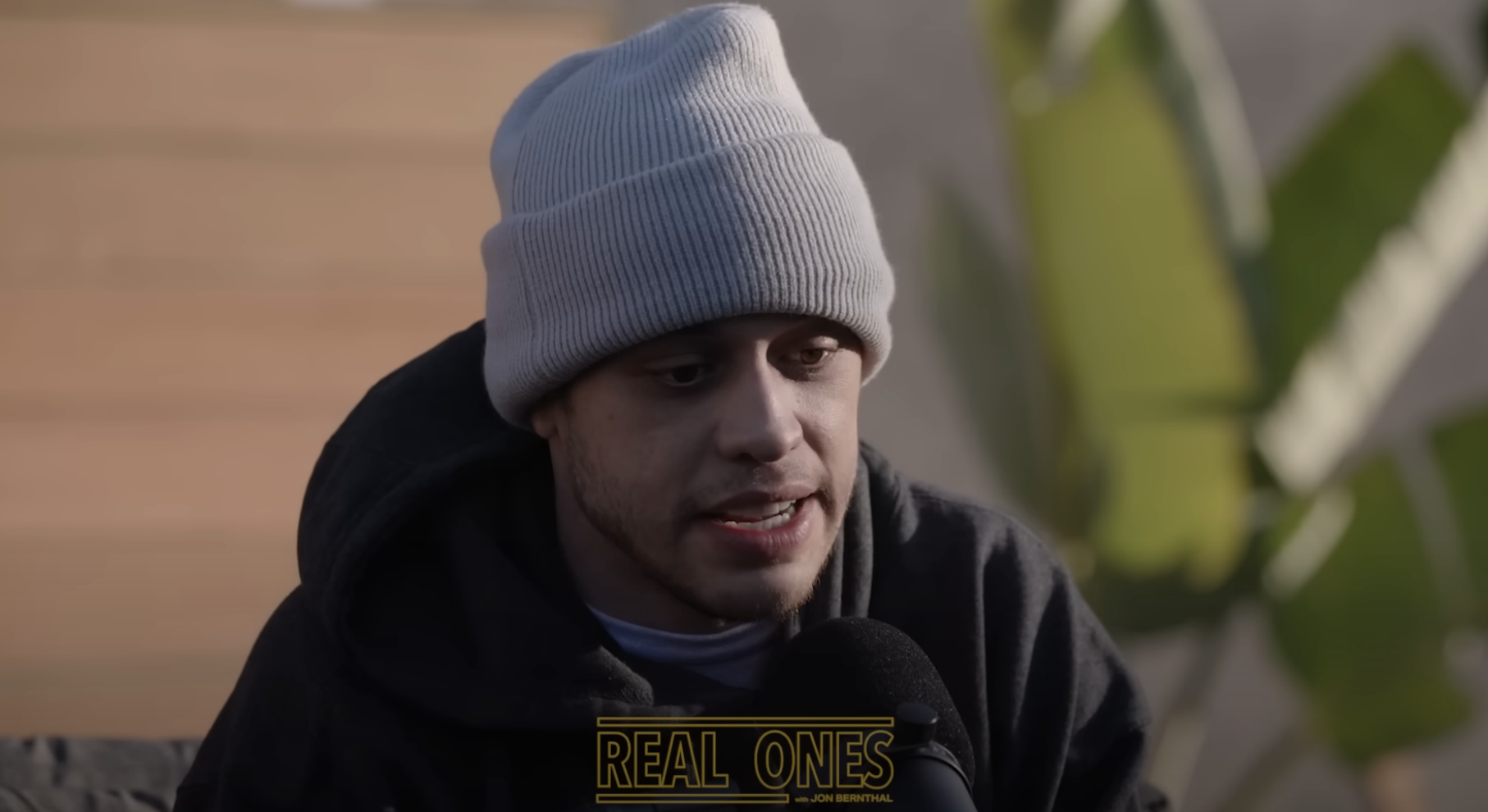
“That’s why I’m trying to like, act — be an actor in something and not just be what people think is me,” he said, admitting that being viewed as “big idiot with a dick that smokes weed” became “humiliating” over time.
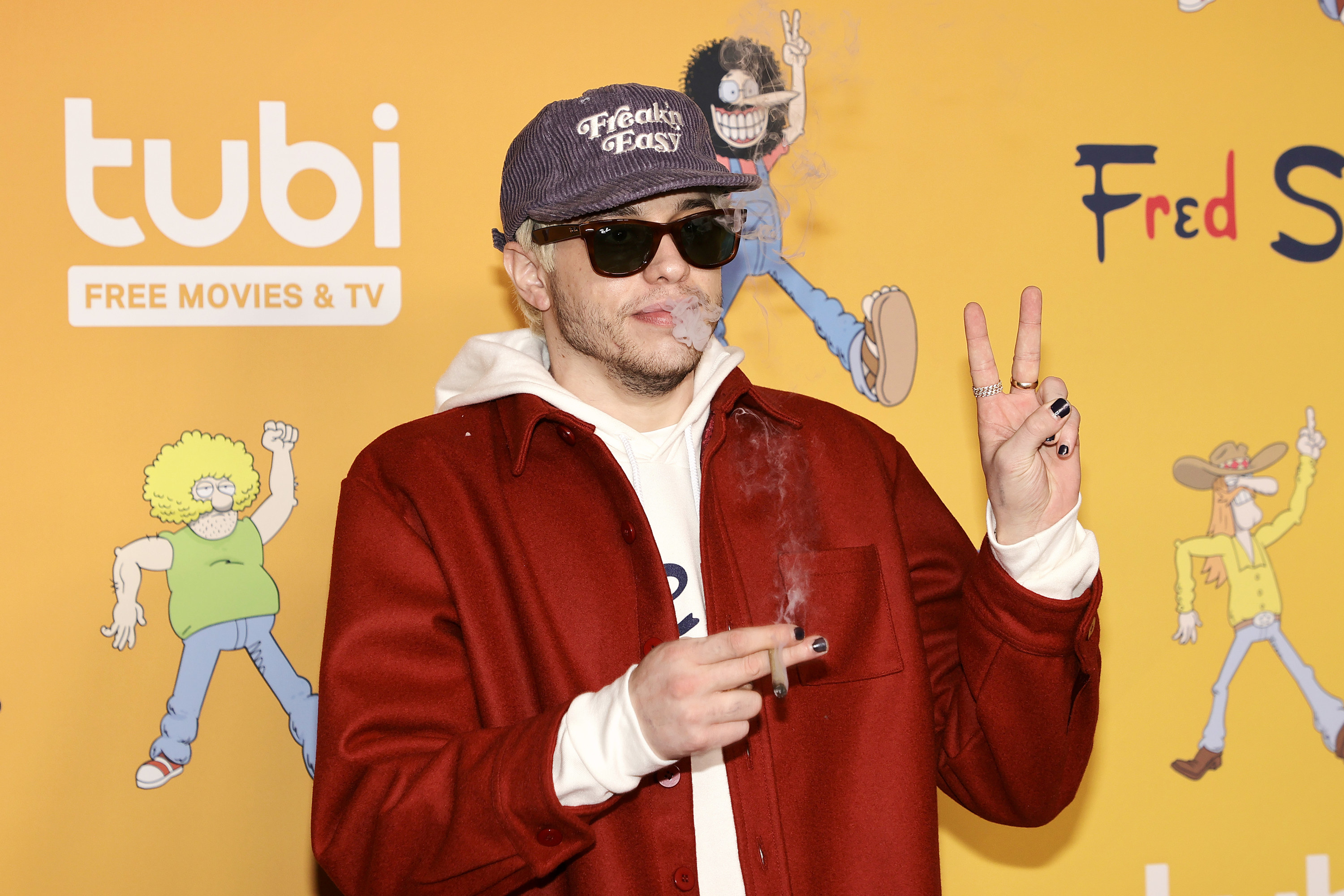
“That was my thing for a bit,” he said of playing up the goofy guy image, “but it doesn’t have to be my thing forever.”
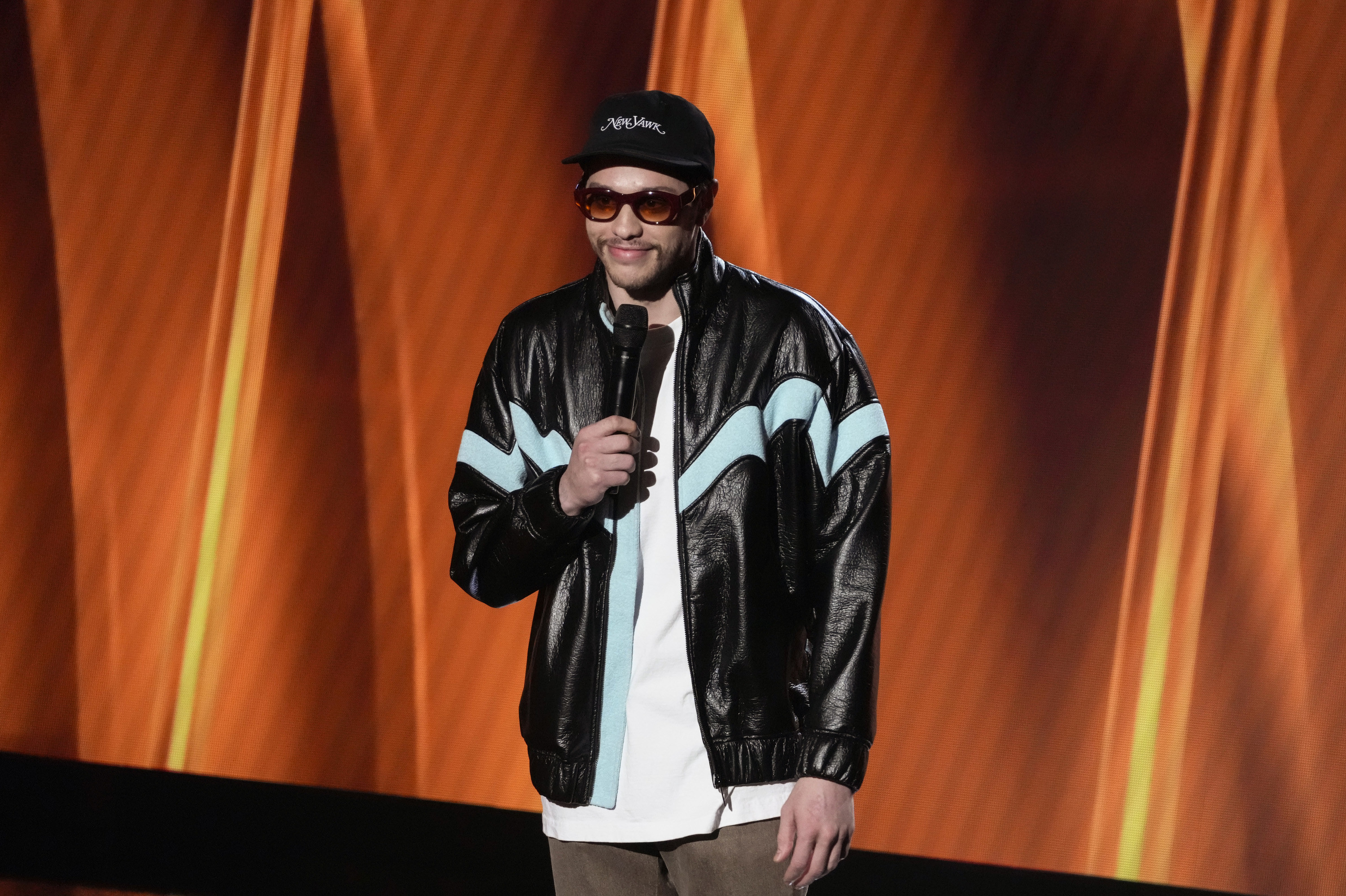
Interestingly, he tied this into his frustrations about being associated with 9/11 jokes, confessing that he feels the label isn’t completely justified.
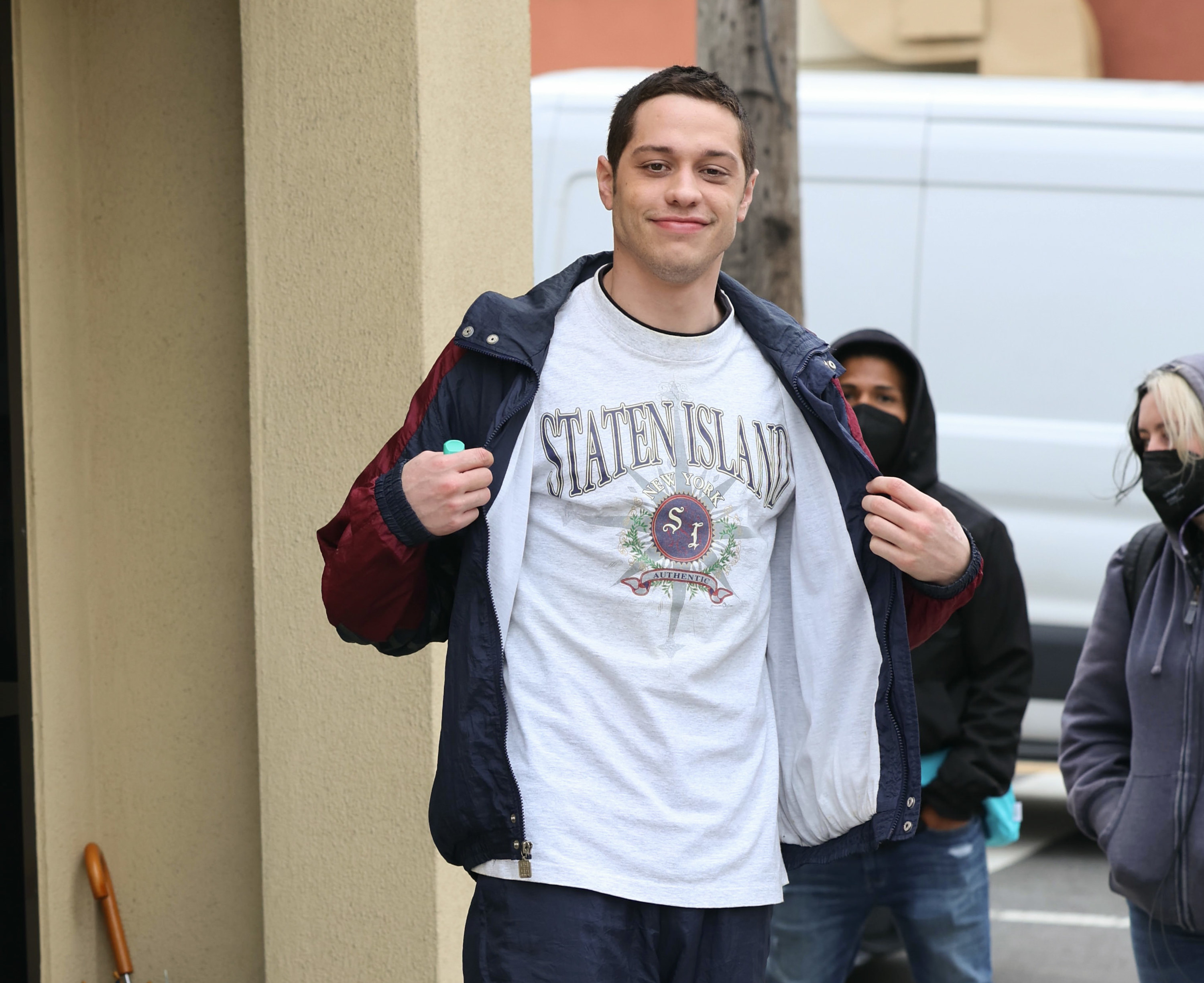
“It’s like the 9/11 thing,” he began. “People will be like, ‘Oh, he’s probably just talking about his dead dad all the time,’ and it’s like, Yo, I made two jokes about my dad in a span of like 15 years.”
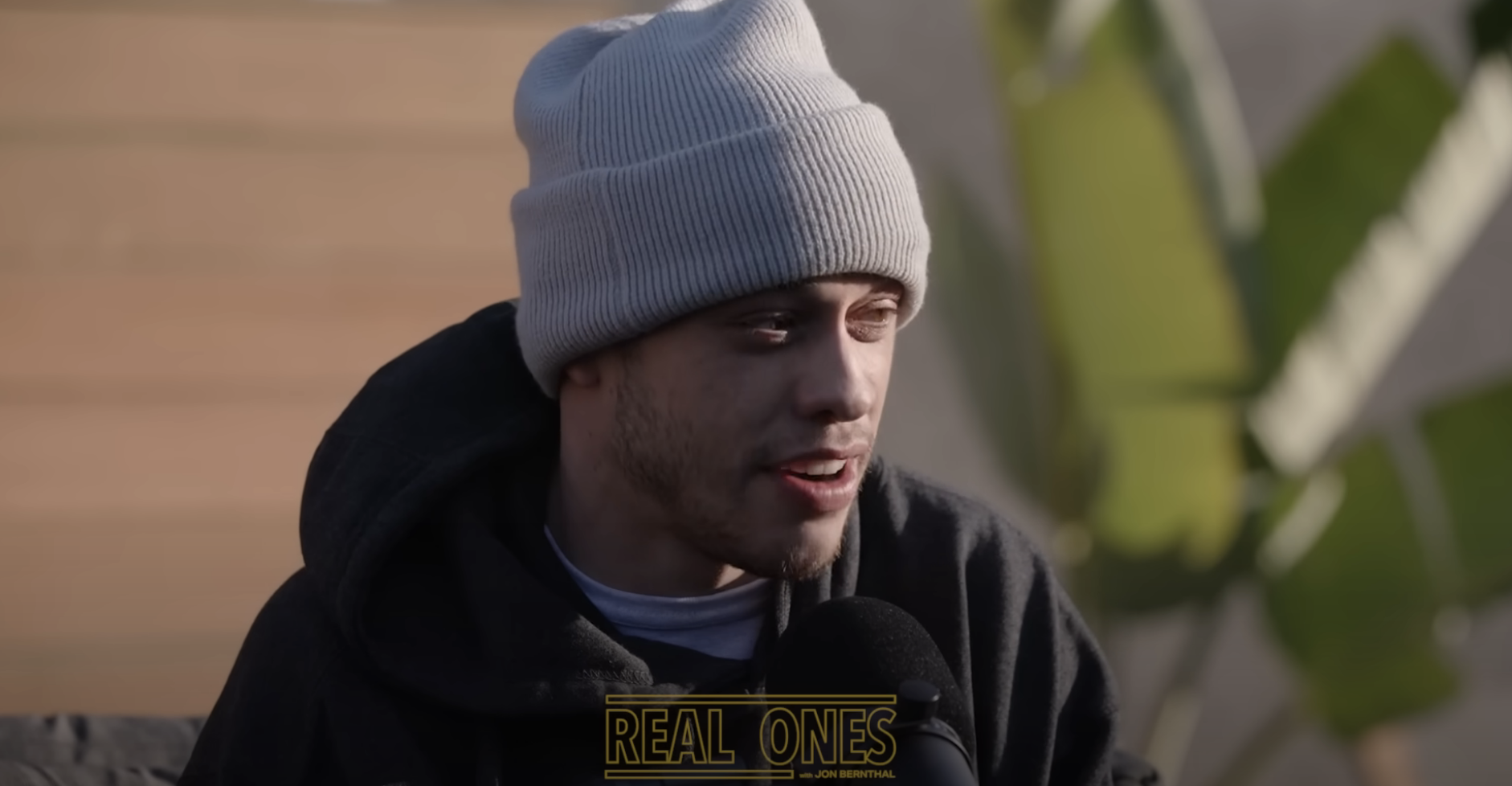
He went on to say that the idea he’d joke about it for sympathy is “bullshit.” “It makes me feel so small and shitty,” he said, before explaining the real reason he’s chosen to make light of his personal tragedy in the past.
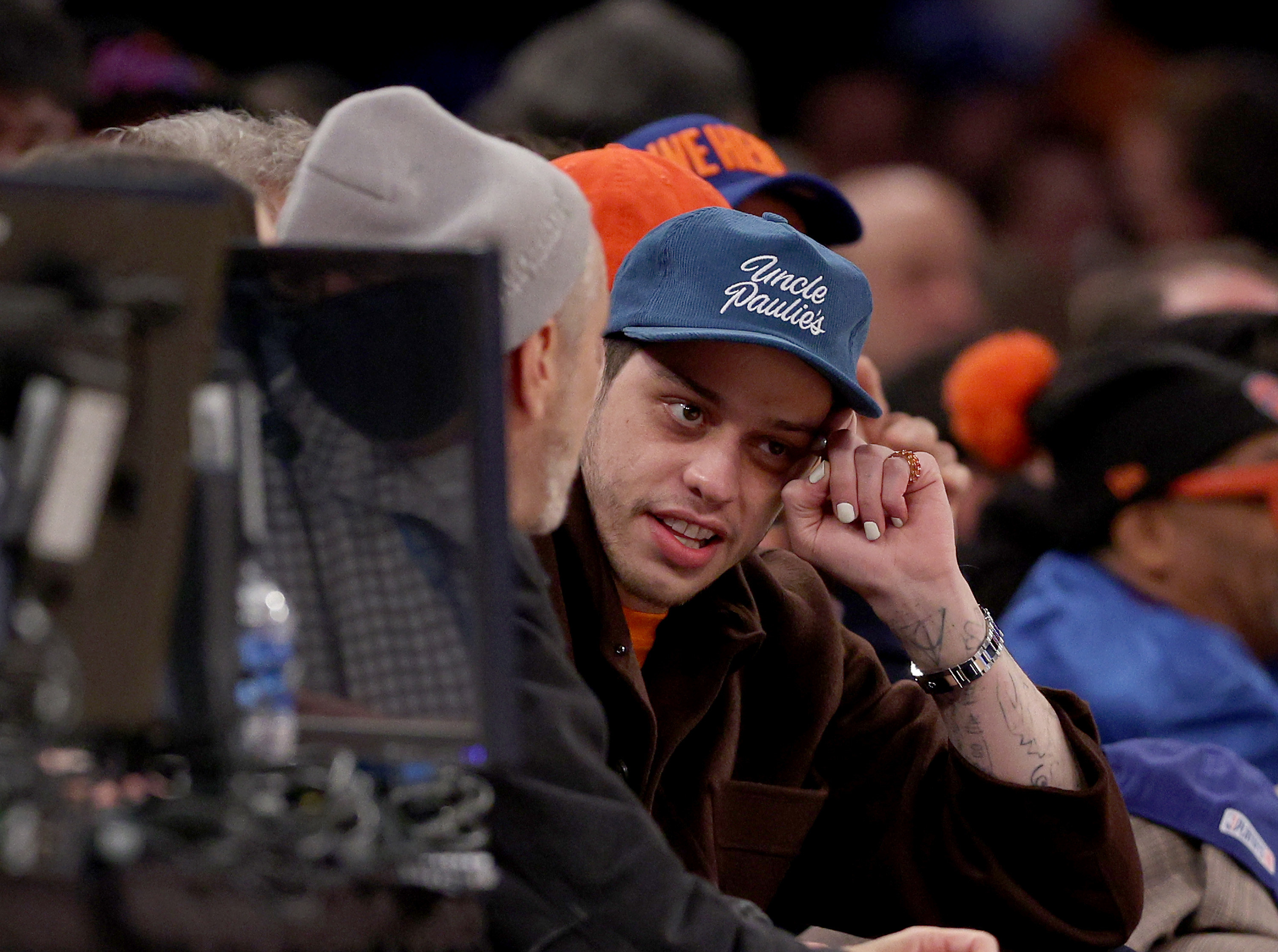
“I’m trying to share little jokes here and there about him because I like to keep that memory alive,” he said. “My dad was a great dude, like, why is that a fucking problem? I get defensive. It’s my family.”
In case you didn’t know, Pete was diagnosed with borderline personality disorder in 2017, and since then has spoken openly on occasions about how his condition impacts his life and relationships.
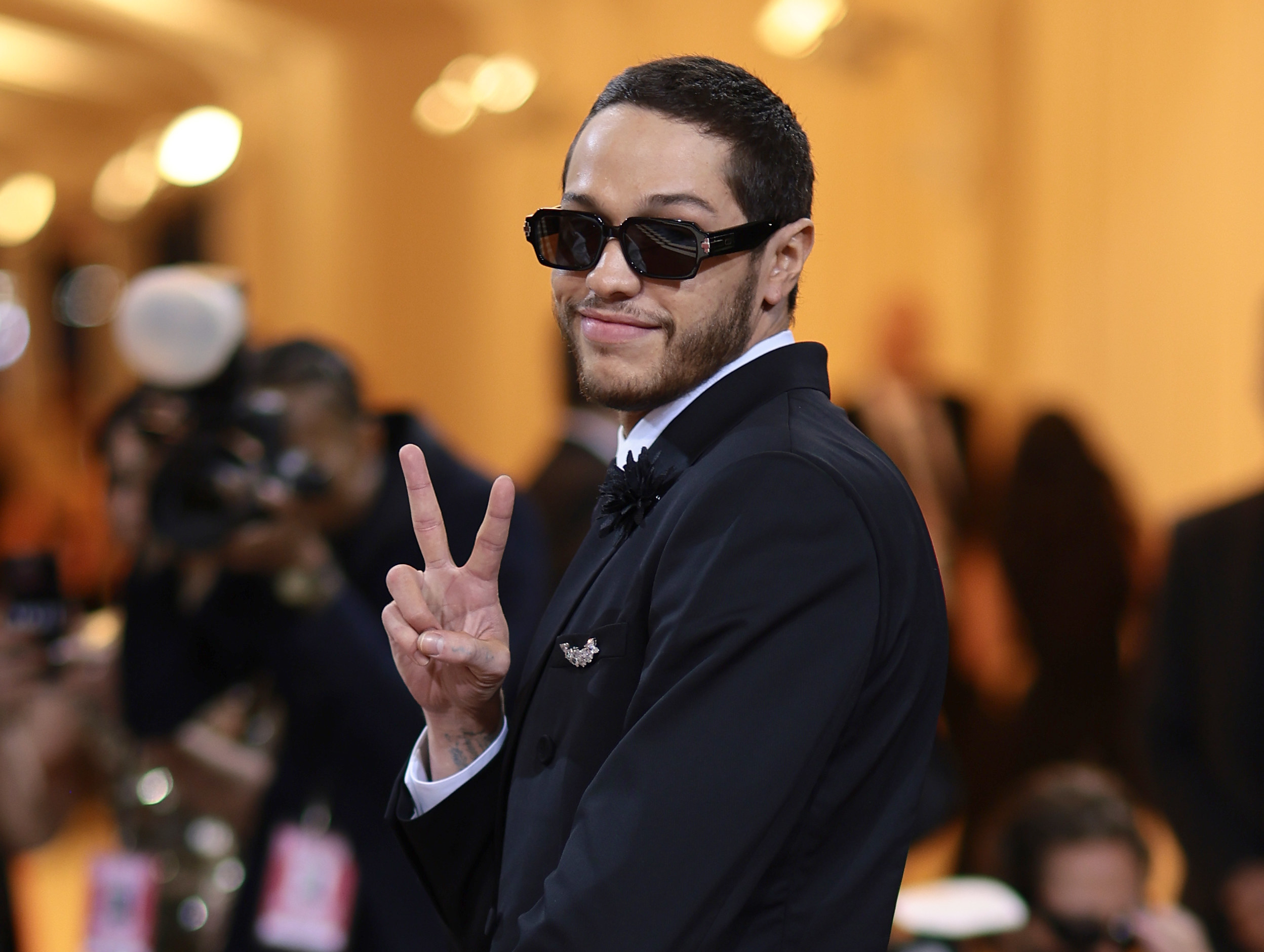
Speaking with Jon now, Pete talked more candidly than ever about his mental health and revealed that he’s currently in a really happy place — which he said can actually feel a bit confusing after having experienced so much trauma in his life.

“It’s a weird thing for me to even grasp now, because I’ve lived in discomfort for so long, where that became comfortable. So, now I actually have people around me that love me and it’s weird,” he said. “It’s a whole new thing I never thought of. It’s weird being happy.”
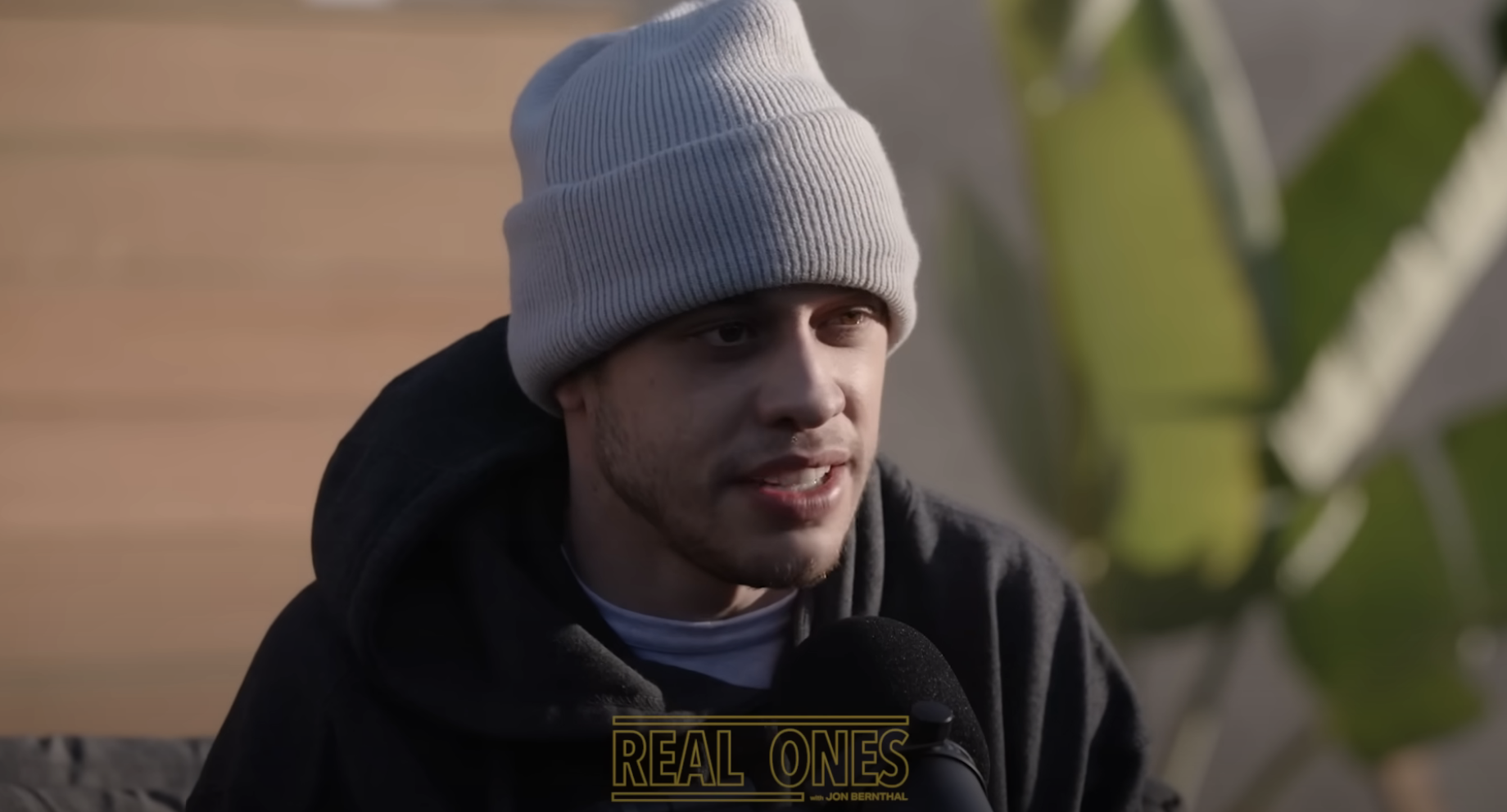
Pete admitted that this is something he’s discussed at length with his therapist, which they concluded stems back to PTSD from his childhood — specifically, the loss of his father.
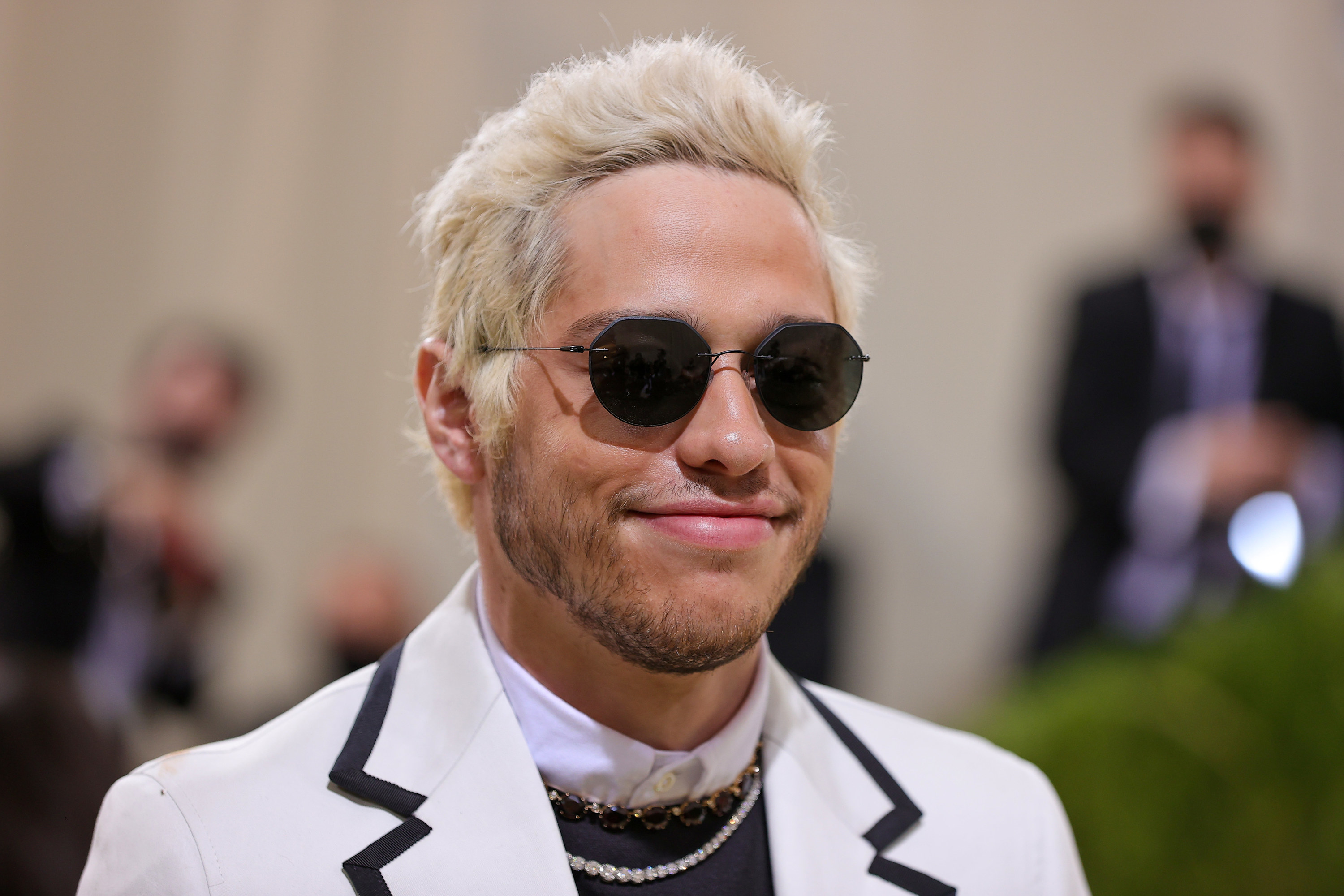
“My dad told me he was gonna pick me up from school on 9/11. I got picked up by my mom,” he began, before continuing to recount the events of the tragic day.
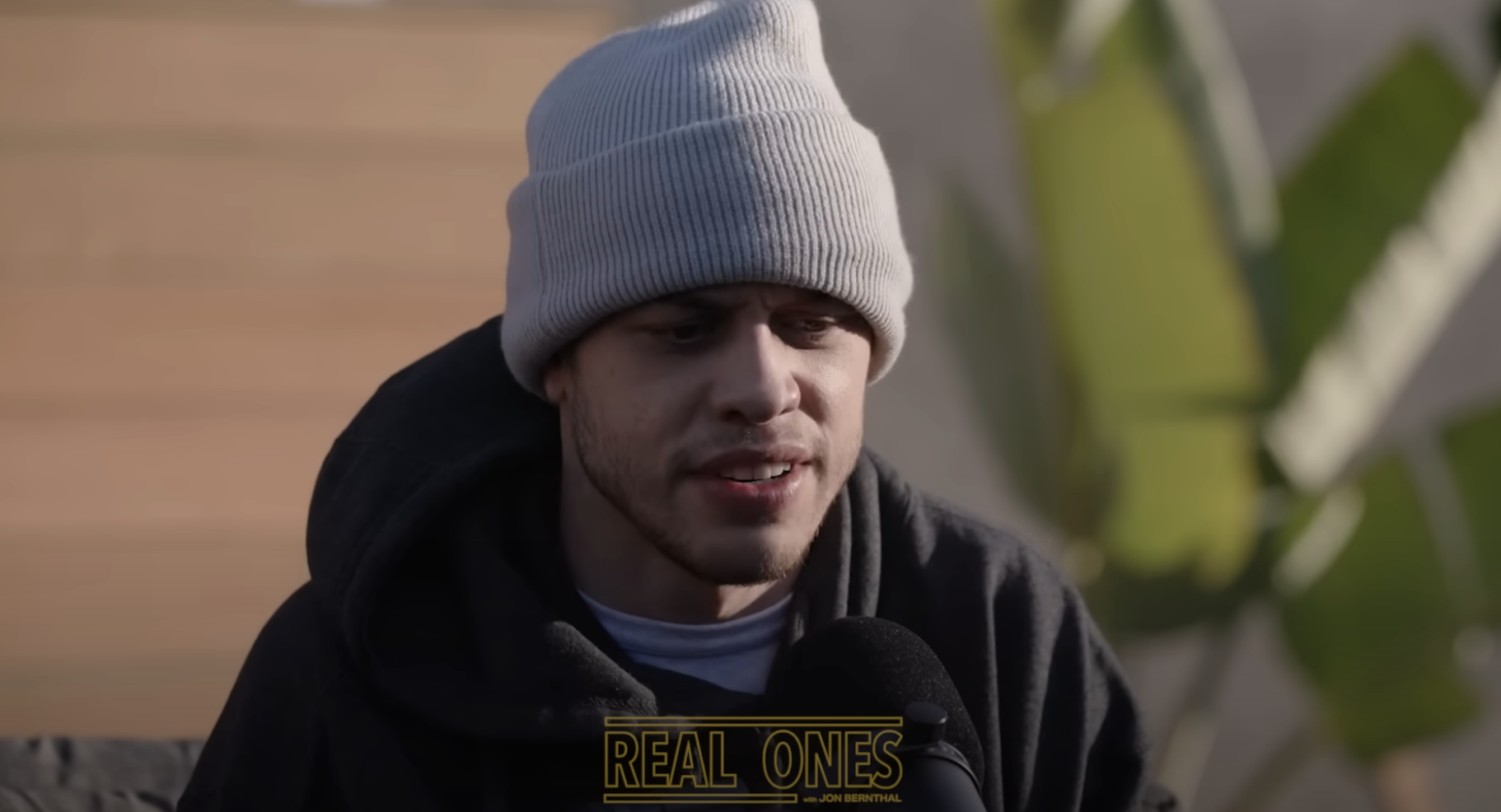
“She didn’t tell me what was going on for like, three days. She kept telling me, ‘Dad’s at work,’ ‘Coming home,’ whatever. I had no idea,” he went on.
Pete explained that his mom was trying to prevent him from watching the TV by telling him he was grounded, even though he’d done nothing wrong at the time. He eventually discovered what had happened after he turned on the TV himself and saw his dad.
“One night I turned on the TV and I just saw my dad on TV, and I was like, ‘Oh, OK,’” he recalled, explaining that the news was showing “all the firemen that are dead.”
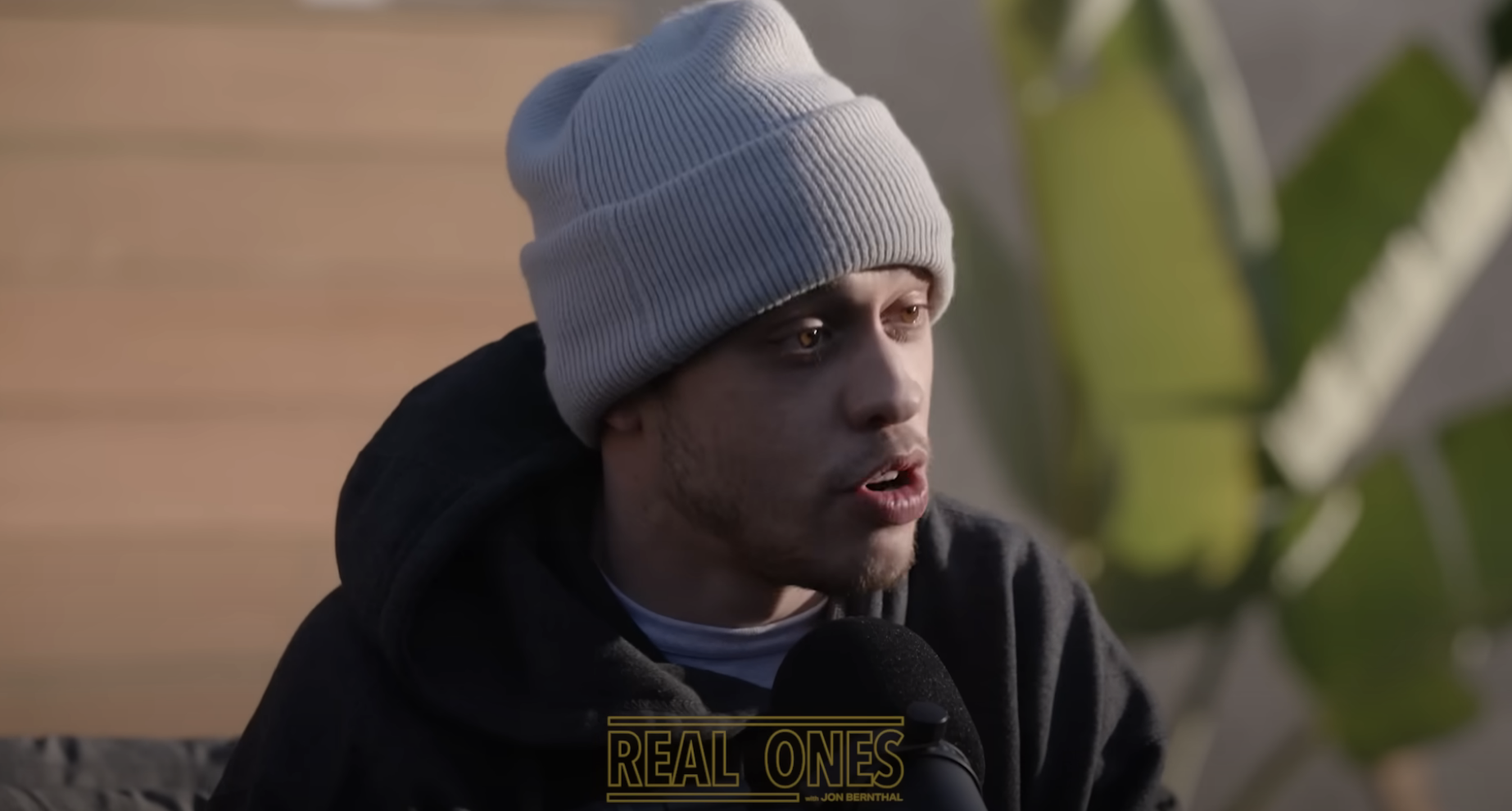
“It was weird because we didn’t know he was dead for like, three weeks,” he added. “They were finding people, you know? They were pulling people out of shit, and there was just some sort of hope. Like, it was just up and down and nobody knew how to deal with it.”
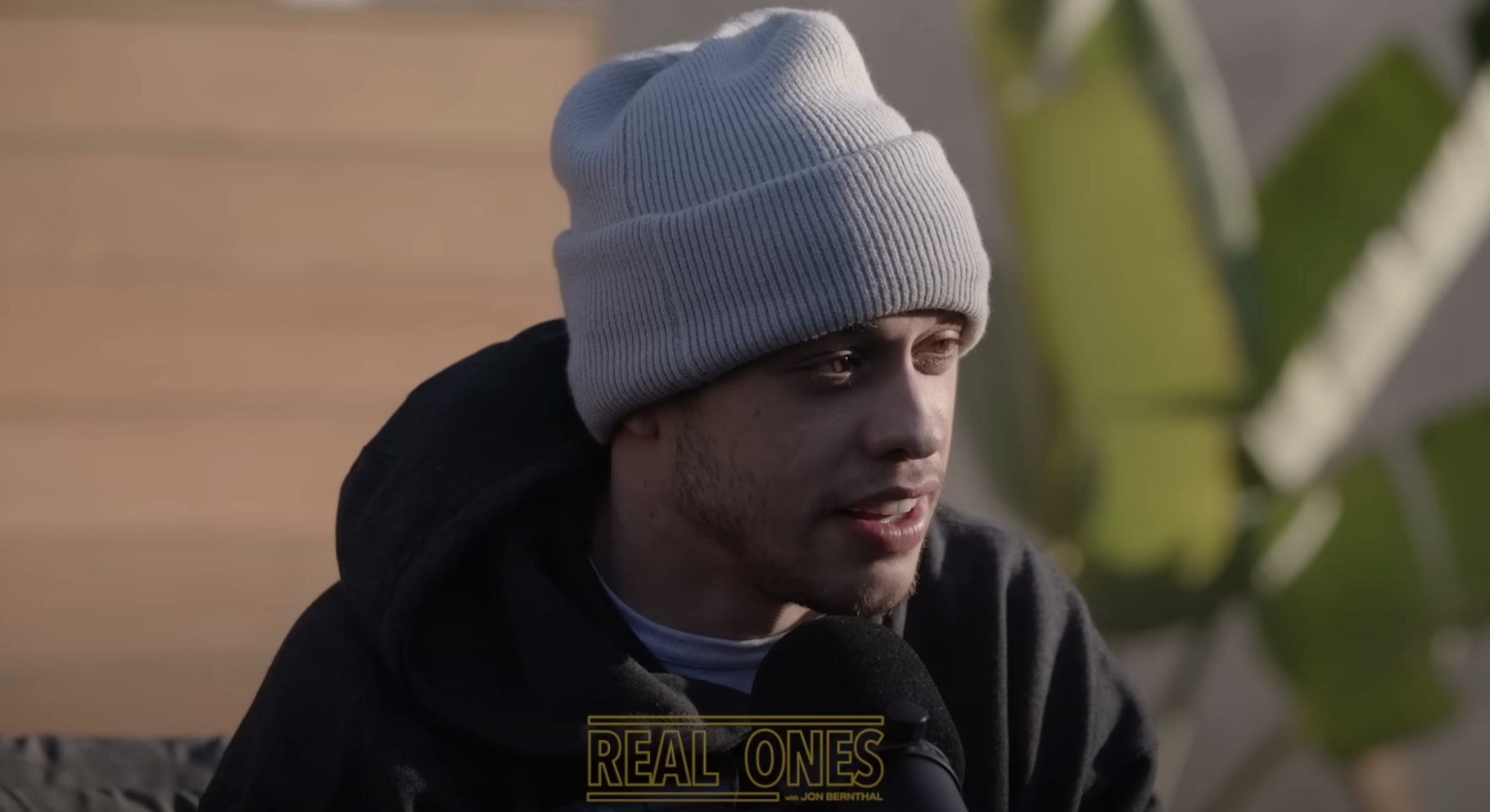
Reflecting on the aftermath of 9/11, Pete said he’s only gained more respect for his mother in the years that have passed.
“My mom was fucking, like, 30 … I’m about to be— I wouldn’t know what the fuck to do,” he said. “And that’s why as I get older I’m like, ‘Man, my mom was awesome. Fuck, she really loves me.’”
Looking back, he said that — by no fault of their own — no one around him quite knew the right way to handle the tragedy, which has left him struggling with a lot of abandonment and trust issues in adulthood.
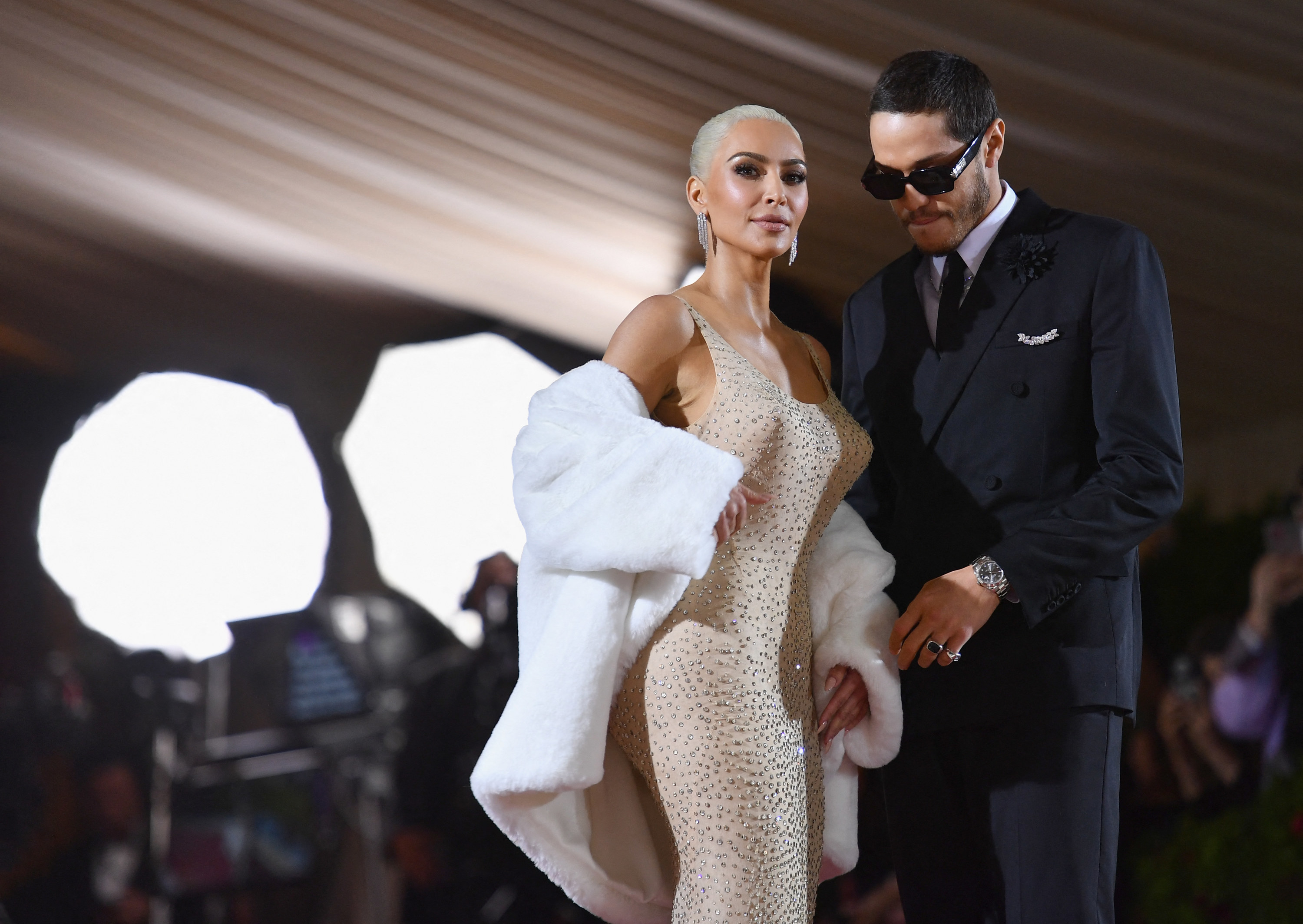
“You know, Dad says he’s coming to pick you up and he doesn’t. For life, I’m like, I don’t believe anyone, and I’m trying to learn how to believe people — and Hollywood isn’t exactly the greatest place to learn that skill,” he said.
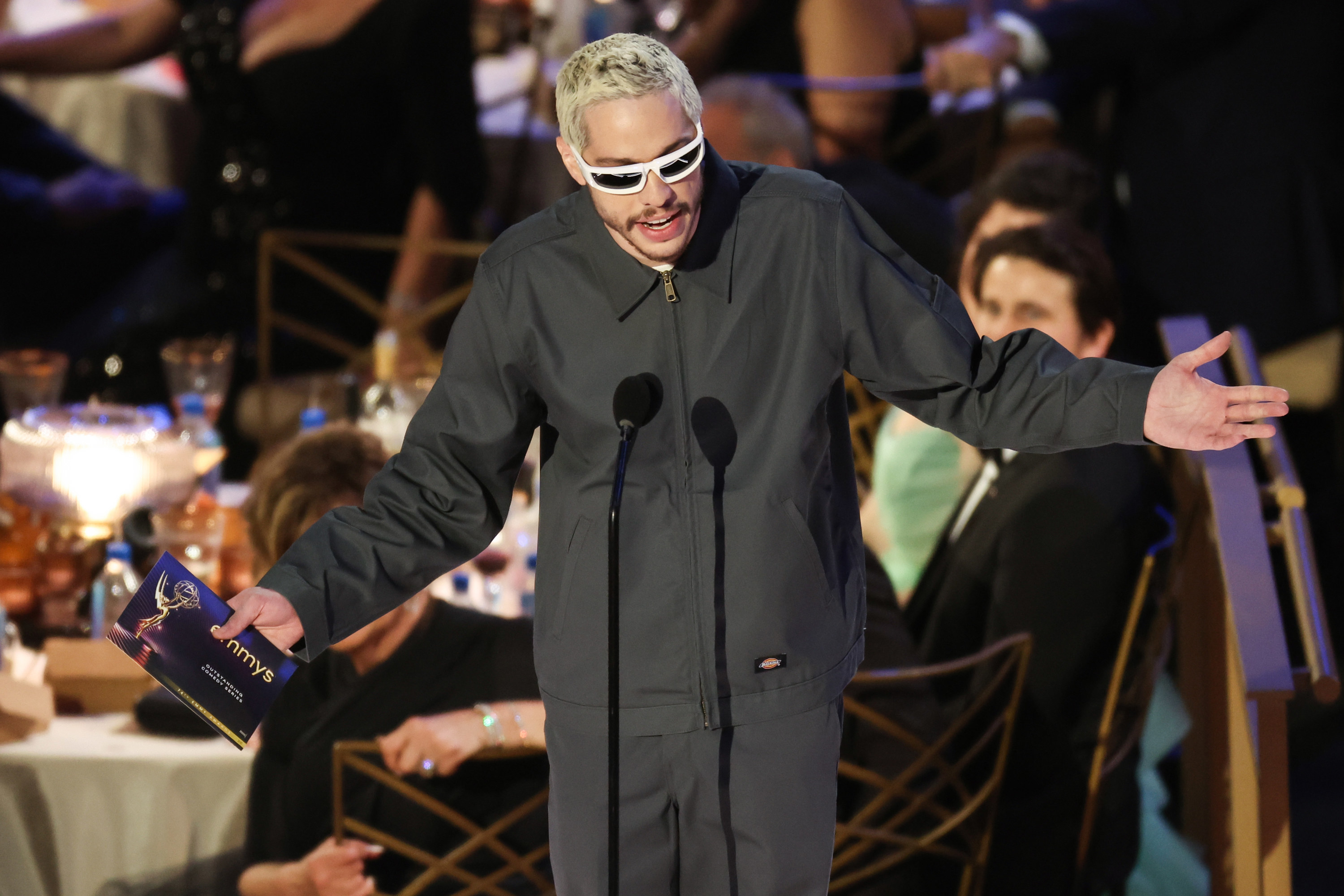
Following on, Pete confessed that the public eye is a difficult place for him to work on himself, but that he’s made a lot of progress with his growth as a person.

“You actually have to trick your brain, because your brain after a while becomes used to trauma, it becomes used to being hurt,” he said, admitting that he finds the key to being stable is to “fact-check” himself in order to prevent falling into unhealthy thinking patterns.
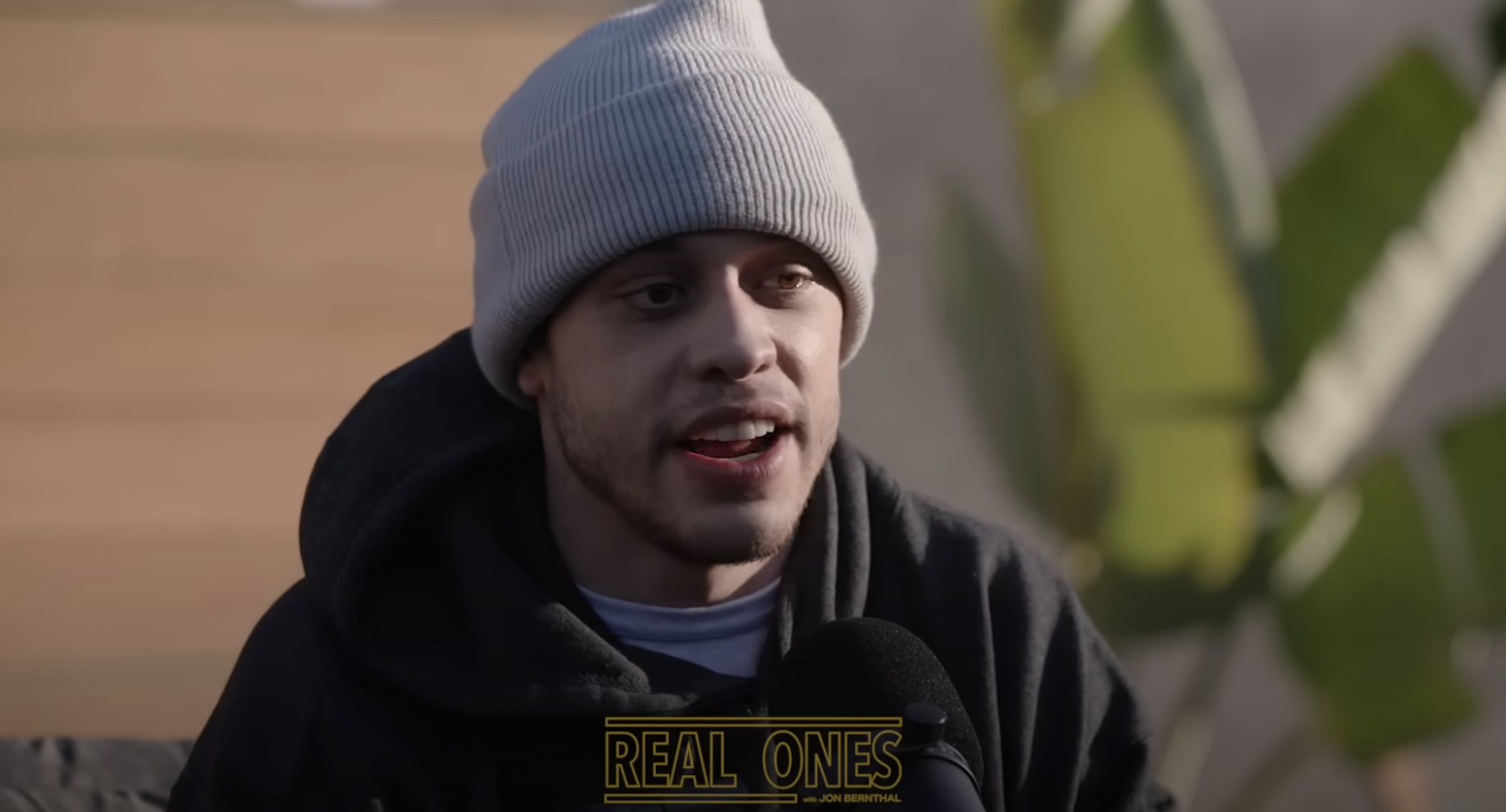
“It’s just growth,” he said. “I’ve been self-harming since I was a kid … And up until a year ago, I used to cut and I used to bang my head against walls, because if I couldn’t deal with something, I would bang my head against the wall hoping I’d pass out because I didn’t want to be in that situation.”
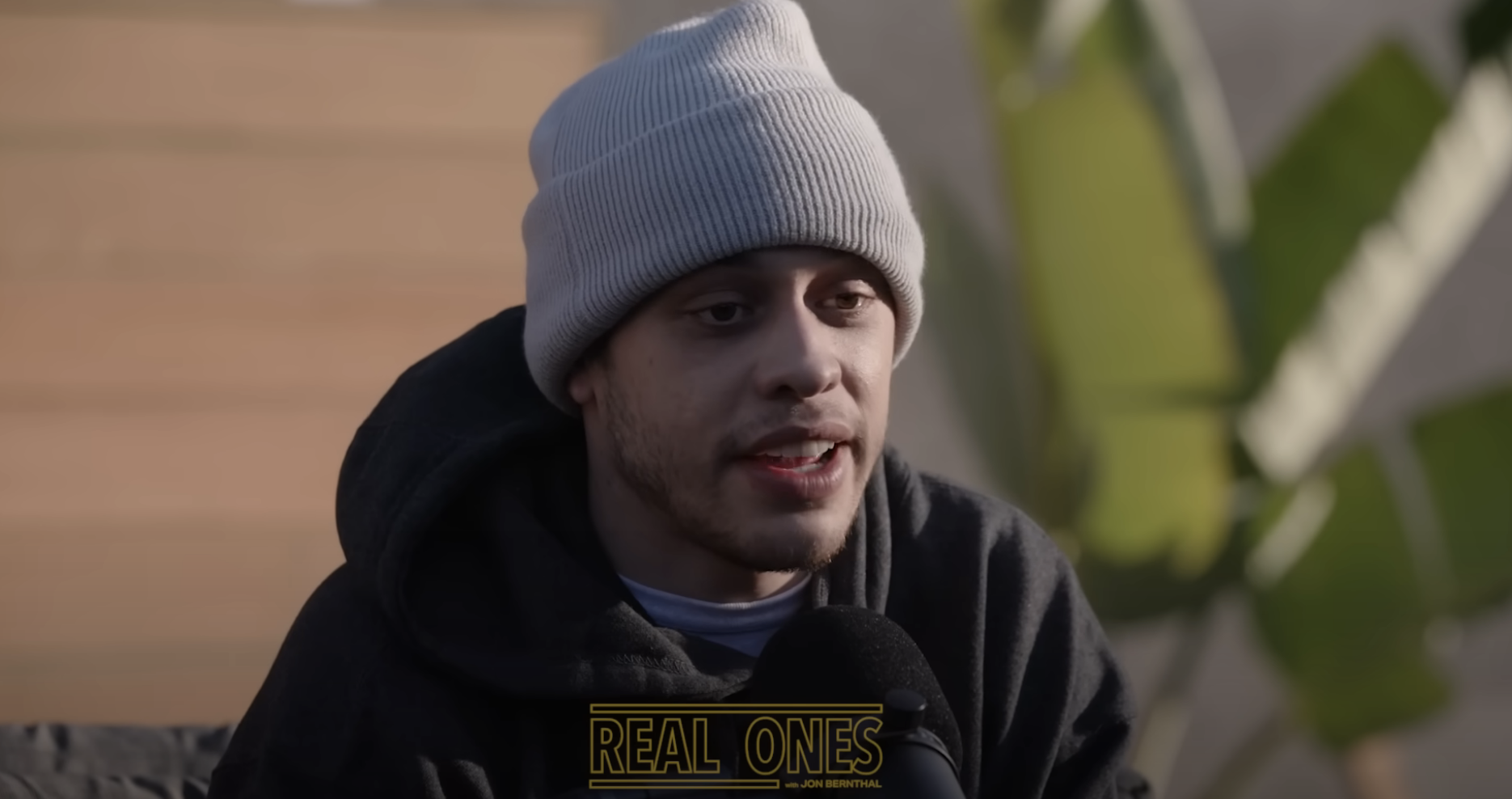
“And over years, and years, and years, it becomes less, and less, and less, and you have to use these skills,” he said.
